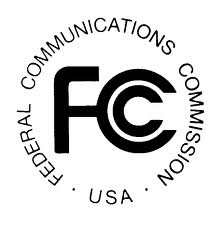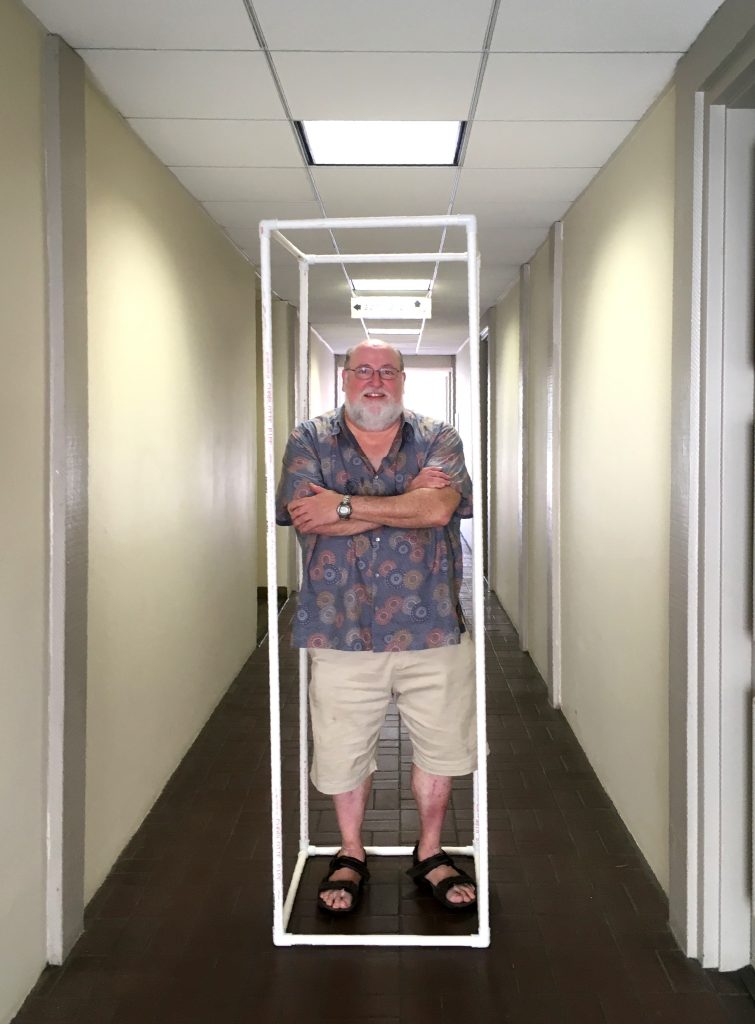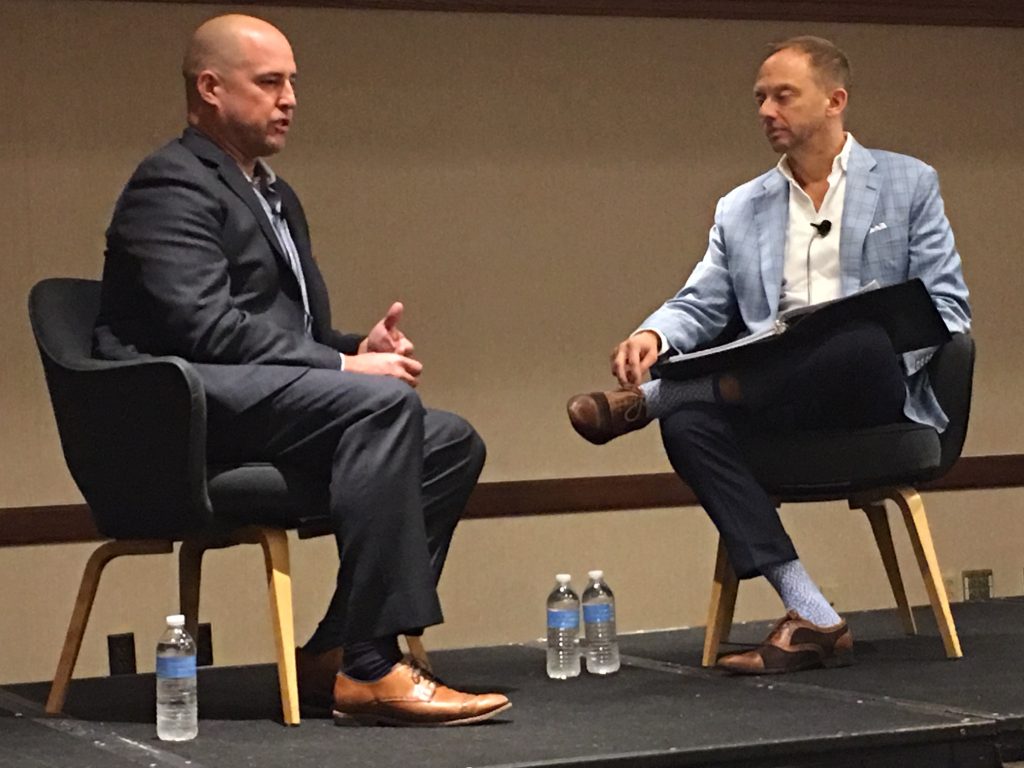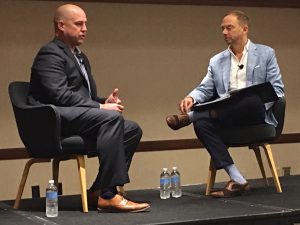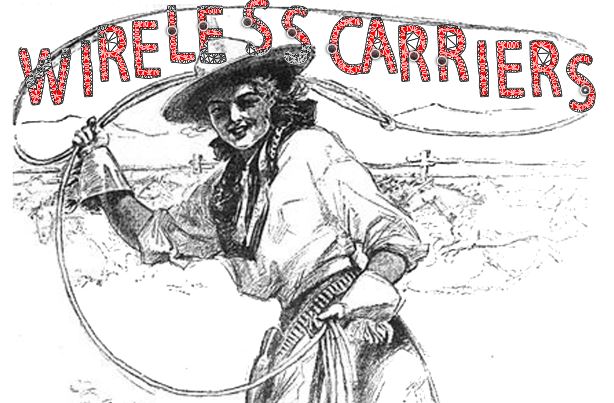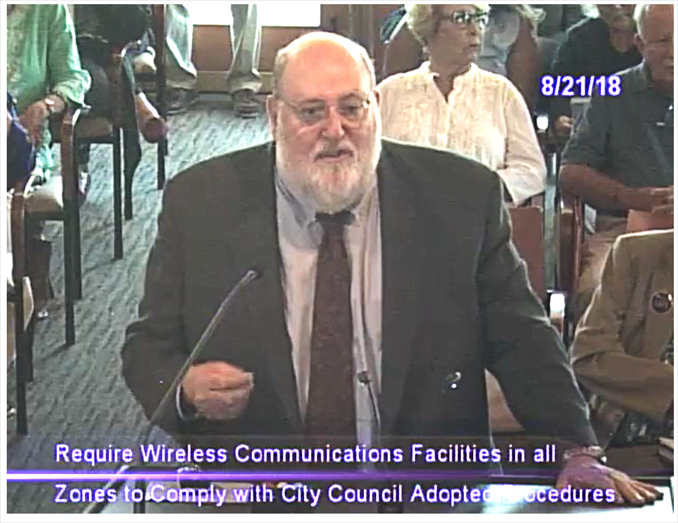 Yesterday (1/30/19) Senators Dianne Feinstein (D-CA) and Richard Blumenthal (D-CT) wrote to FCC Chairman Pai asking for information regarding allegations that FCC staff tried to game the federal judicial system in connection with the current litigation over the Commission’s 5G orders.
Yesterday (1/30/19) Senators Dianne Feinstein (D-CA) and Richard Blumenthal (D-CT) wrote to FCC Chairman Pai asking for information regarding allegations that FCC staff tried to game the federal judicial system in connection with the current litigation over the Commission’s 5G orders.
The letter opens with the following:
Dear Chairman Pai,
As you know, reports have surfaced that Federal Communications Commission (FCC) staff may have encouraged wireless carriers to file suit against the September 2018 FCC rule on 5G small cell deployment. It has been alleged this was done with the goal of moving litigation out of the Ninth Circuit. What’s worse, there are also allegations that FCC staff may have implicitly threatened licensees that were not helpful. If true, this represents an unprecedented level of coordination between an oversight agency and the entities it regulates for the express purpose of preventing a federal circuit court’s review. We therefore ask you provide additional information about these cases and the FCC’s role in them.
This Senate inquiry follows a 1/24/19 letter to Chairman Pai from the House’s Committee on Energy and Commerce’s Chairman, Frank Pallone, Jr., (D-NJ) and the Chairman of the Subcommittee on Communications and Technology, Mike Doyle (D-PA). That letter included the following:
It has come to our attention that certain individuals at the FCC may have urged companies to challenge the Order the Commission adopted in order to game the judicial lottery procedure and intimated the agency would look unfavorably towards entities that were not helpful. If true, it would be inappropriate for the FCC to leverage its power as a regulator to influence regulated companies to further its agenda in seeking a more friendly court.
Both letters start to dig into what appear to be the hallmarks of a captured federal agency; an agency that may have lost its independence, objectivity, and duty to protect the public in favor of coordinating and protecting with those the agency is charged with regulating, here wireless, telephone, and cable firms.
The allegations, if true, are likely to shake the FCC from top to middle, and also impact (read: scare) other regulated-friendly federal agencies.
The two letters are linked below:
1/30/19 Senate Letter to FCC Chairman Pai
1/24/19 House Letter to FCC Chairman Pai
-Jonathan
